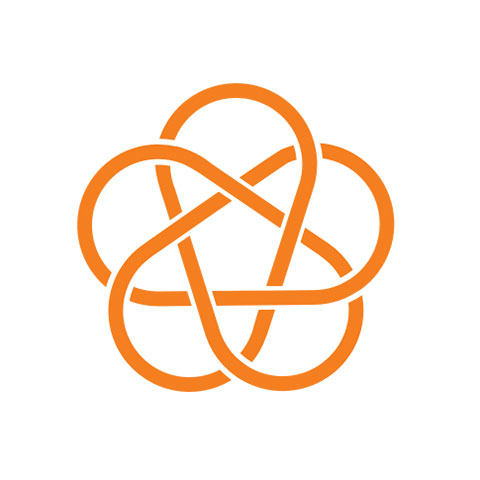Past events
Full listing
Title: A New Superconducting Linac: From SRF Cavity Production to Commissioning & Early Operations of LCLS-II at SLAC
Speaker: Dan Gonnella, SLAC National Accelerator Laboratory
Abstract: The Linac Coherent Light Source II Project (LCLS-II) is a major expansion of the world’s first x-ray free electron laser. LCLS-II has facilitated the construction and installation of a new 4 GeV continuous wave superconducting electron linear accelerator at SLAC. The technology which has enabled LCLS-II to be successful, the novel nitrogen-doping SRF cavity preparation technique was a marvel achievement, developed in a R&D collaboration between SLAC, Fermilab, Jefferson Lab, and Cornell University and translated to the cavity production vendors to produce cavities of unprecedented performance. Here the story of LCLS-II is presented from the cavity R&D, through cavity and cryomodule production at Fermilab and Jefferson Lab, and to the installation and commissioning of the linac at SLAC. The success of LCLS-II has allowed for further upgrades to begin which will extend the electron beam energy to 8 GeV through further nitrogen-doping optimization. These early results from LCLS-II-HE will be presented with an outlook for future superconducting linacs.
Title: Emerging Computational Workflows for Experiments at Particle Accelerators
Speaker: Christine Sweeney
Modern upgraded particle accelerator facilities are providing increased data volumes and velocity along with potentially shorter data collection times. Facility users are faced with many challenges in data analytics to support their experiments during beam time and in post-processing. The good news is that new software tools, AI/ML techniques, and hardware resources are becoming available. In this talk I will present three computational workflows: 1) real-time data analytics for dynamic diamond anvil cell and dynamic compression light source experiments, 2) an interfacility (light source to supercomputer) workflow for scalable single particle imaging, and 3) machine learning workflows for control and analysis of accelerator experiments. I will also mention some promising DOE efforts to support computational workflows at DOE facilities. Lastly, I will point to some future trends in computational workflows for accelerator applications.

